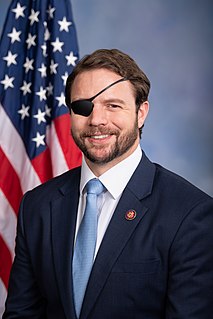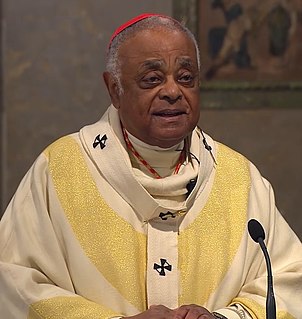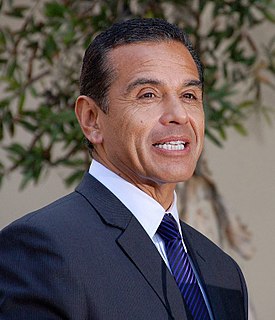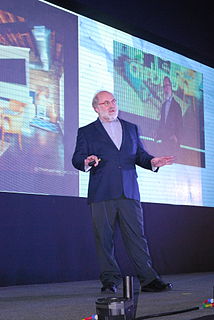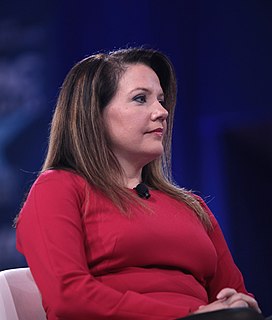A Quote by Michael Parenti
A tiny portion of the population controls the lions share of the wealth and most of the command positions of state, manufacturing, banking, investment, publishing, higher education, philanthropy, and media... these individuals exercise a preponderant influence over what is passed off as public information and democratic discourse.
Related Quotes
The demise of higher education as a public good is also evident in light of the election of a number of right-wing politicians who are cutting funds for state universities and doing everything they can to turn them in training centers to fill the needs of corporations. This new and intense attack on both the social state and higher education completely undermines the public nature of what education is all about.
Higher education isn't just a personal investment. It's a public good that pays off in a more competitive workforce and better-informed and engaged citizens. Every year, we spend nearly $100 billion on corporate welfare, and more than $500 billion on defense spending. Surely ensuring the next generation can compete in the global economy is at least as important as subsidies for big business and military adventures around the globe. In fact, I think we can and must go further - not just making public higher education tuition-free, but reinventing education in America as we know it.
The Golden State has lost its luster. We've got to change our tax system and how we fund government. We're going to have to make it easier to create jobs in California, incentivize manufacturing, really put more in the way of investment in our public school system and our institutions of higher learning if we're going to stay the Golden State.
I'm very, very concerned ultimately, as Medicaid costs increase in my state and most states, it's going to reduce funding for state aid to our public schools, to our higher education institution or higher taxes on the middle class that President Obama said he didn't want to do. And that's exactly where he's headed.
I started in investment banking at Allen & Company in 1991. It was the go-go days of media mergers, and we were incredibly busy with one deal after another. Unlike typical investment banking groups, even in the midst of merger mania, we didn't have a formal face-time culture - and I felt empowered by that.
Many university presidents assume the language and behavior of CEOs and in doing so they are completely reneging on the public mission of the universities. The state is radically defunding public universities and university presidents, for the most part, rather than defending higher education as a public good, are trying to privatize their institutions in order to remove them from the political control of state governments. This is not a worthy or productive strategy.
The good news is you can get a lot of information off the Internet for free and in a hurry. But I think the breaking up of the media, which is otherwise kind of healthy, has contributed to less actual reporting and a louder, more contentious, more divisive public discourse, highlighting conflict, sometimes falsely.



